YANGON — Myanmar’s State Counselor and de-facto leader Daw Aung San Suu Kyi called on the international community to help find peace in Myanmar and probe the reasons why hundreds of thousands have fled their homes in the latest Rakhine State crisis, in her first public speech since militant attacks in August left the state reeling.
Speaking in front of an audience of foreign diplomats, UN representatives, government officials and journalists in Naypyitaw on Tuesday, the State Counselor condemned all human rights violations and unlawful violence in Rakhine and said action would be taken against anyone, regardless of race, religion, or political standpoint, who violated human rights in Myanmar.
She acknowledged there had been “allegations and counter-allegations” of human rights abuses, but said she would not comment as she wanted to bring understanding and harmony rather than more conflict.
She said Myanmar was ready to begin the verification process of refugees in Bangladesh and invite them back to the country “at any time,” in line with the 1993 agreement between the two countries.
Thousands of people gathered at spots in Yangon, Mandalay, Monywa and Taungoo to watch the highly anticipated 30-minute diplomatic address and show their support.
The Irrawaddy asked political analysts, historians and politicians to share their views on the speech.
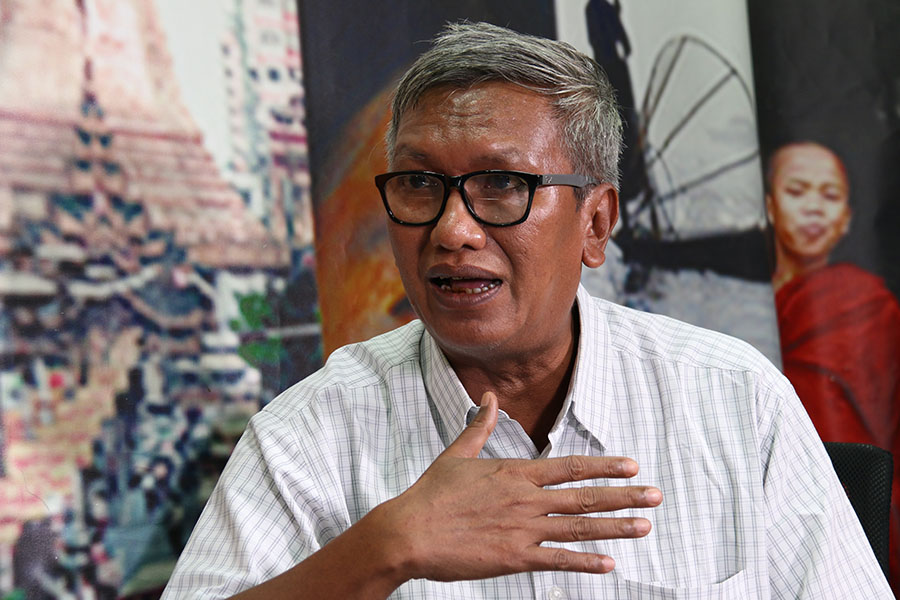
U Maung Maung Soe, Political Analyst
With this message, she boldly expresses her stance on the issue. She blames nobody [for the Rakhine crisis], but takes a central approach. She presented it in a way so as to take a careful look into the reality and solve the problem. The fact that she boldly expressed her path will help her achieve her goal—to deepen foreign diplomats’ understanding of the government, or win greater support from them for her. My view is that her speech will help her win greater support from the United States of America and European countries.
According to her message, she is ready to solve those problems [in Rakhine] and she doesn’t accept extreme attitudes from either side. She also said she would handle those who fled [Rakhine State] according to the agreement [with Bangladesh], and that she also doesn’t like terrorism.
On the other hand, she may be condemned for failing to talk about the killings of Bengalis, and at the same time, she may also be criticized for not saying to take decisive actions against ARSA [Arakan Rohingya Salvation Army] militants. The yardstick we should use to measure the impact of her speech is international governments’ support for her. I hope we’ll see it soon.
[Editor’s note: Many in Myanmar refer to the population of Muslims in northern Rakhine State as “Bengali.” The group self-identifies as Rohingya.].
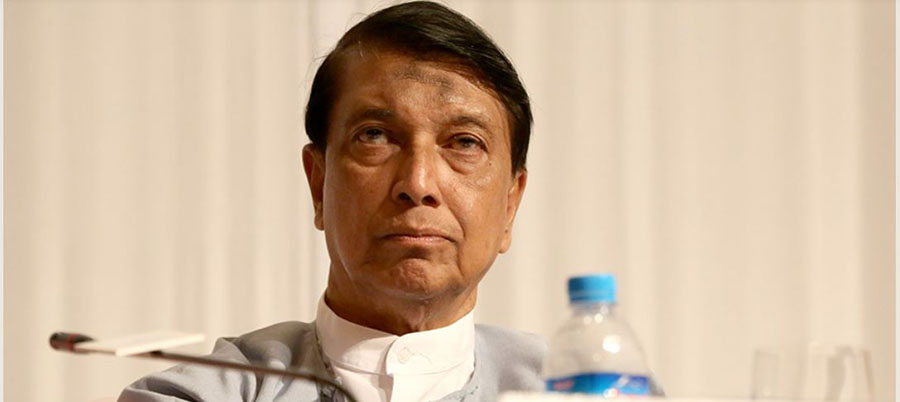
Al Haj U Aye Lwin, Chief Convener for the Islamic Centre of Myanmar, and Member of the Advisory Commission on Rakhine State
Because of the outward denial, foreign countries do not have trust in news reported by Myanmar. In her speech, she did not make any outward denials. This is a new approach to the problem. She invited diplomats in the country to observe this problem. She asked them to study why the problem has happened. It is a very fair statement. They should provide remarks [on the crisis] only after accepting her invitation.
Another fact [to highlight] is her courage. She said very politely that Myanmar is a responsible country that understands and considers the concerns of the international community, but at the same time she said that she is not afraid of being pressured. She said the same thing at the previous UN Assembly. She reflected [her father] Aung San’s blood.
According to her speech, she accepts and is proud of racial and religious diversity in the country. It is good that schools will promote interfaith friendship.
She also urged followers of Islam to cooperate with the [citizenship] verification process. In the time of their grandparents, [Muslim residents in Rakhine] had tri-fold [identification] cards. Muslims have handed over their documents. It is true that they don’t understand [the process] and that they don’t cooperate. [The government] must explain it to them patiently.
There was corruption by civil servants in Rakhine State in the past, and that’s why the verification process became too strict, and there are people afraid that [civil servants] might work with misconduct. Concerned parties on the two sides should understand this process.
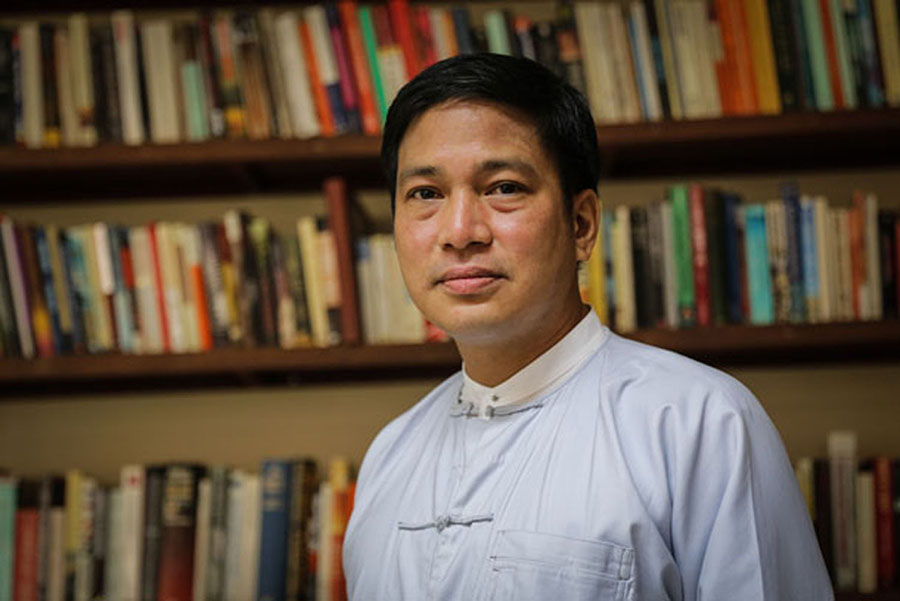
Thant Myint-U, Historian and Founder of the Yangon Heritage Trust
The most important part of the speech was the pledge to allow for the return of refugees under the principles adopted for the 1993 repatriation from Bangladesh, though we’ll have to wait and see exactly how these principles are interpreted and implemented.
My guess is that the harshest international critics of the government will be far from satisfied; but that the vast majority of Burmese people and at least some foreign governments will feel she’s steering the only realistic course she can under very complex circumstances.
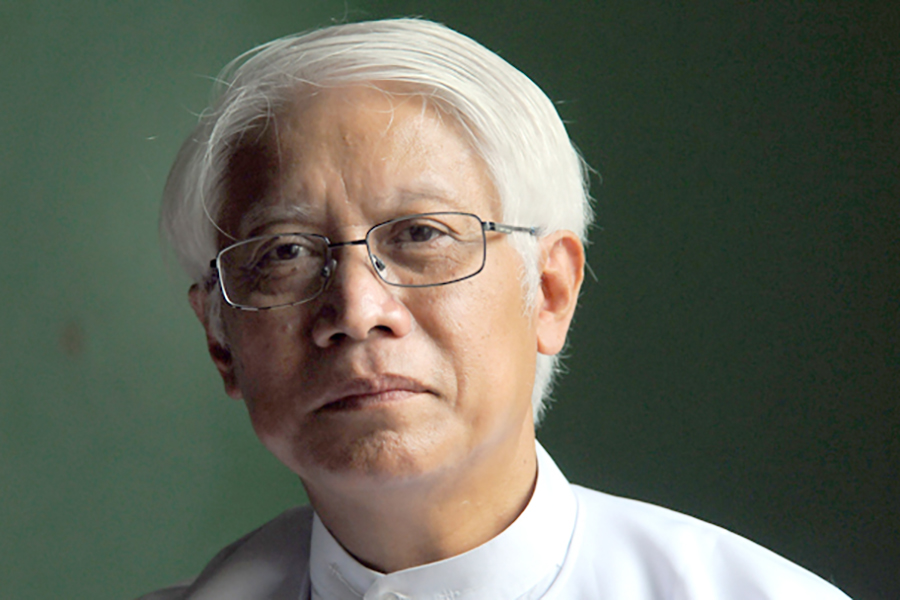
Dr. Thaung Tun, Executive Director for the Institute for Peace and Social Justice
[Daw Aung San Suu Kyi] talked about implementing the recommendations of Kofi Annan’s Commission step by step, and giving humanitarian assistance to all the communities in Rakhine. There should be greater transparency in implementation and actions regarding this issue…especially concerning press freedom and media access. State media alone is not enough to report on the implementation of the things she said in her speech. The government should enable independent local and foreign media to collect news freely, because we have to make an assessment based on news reported by them.
As journalists don’t have unfettered access to information, we are seeing reports from outside. The international community doesn’t accept terrorism: nobody would accept it. But the question is about the extent of restraint in handling those who are not involved in terrorism. The international community alleged that there are human rights violations and the government needs to address this. Just saying there have been no human rights violations won’t work. Though it won’t be able to expose 100 percent of the cases, the government needs to expose as many as it can and take harsh actions.
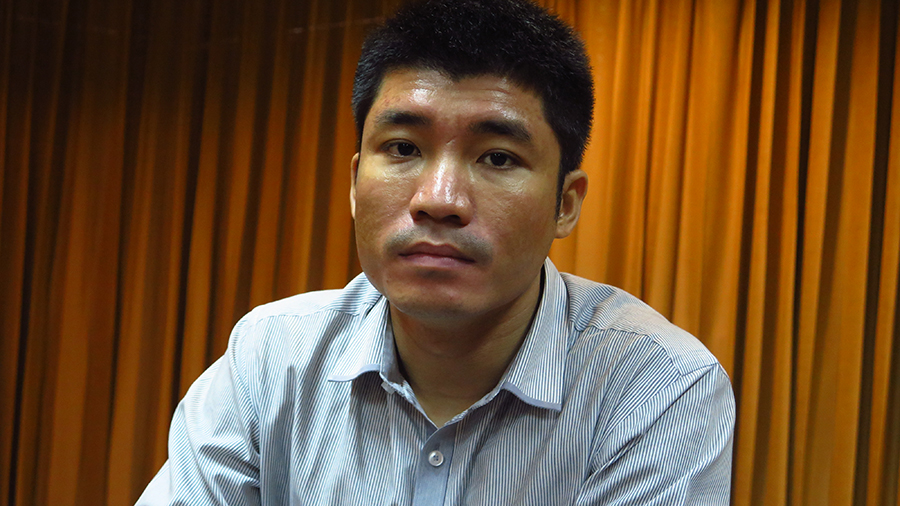
U Tun Zaw, General Secretary of Arakan National Council (ANC)
What she said is pragmatic. We support it. She said she won’t attend the UN General Assembly which starts on Sept. 20. She attended it last year and she also talked about what she said at last year’s session. This is a fair statement, I think.
Mainly she urged the international community to observe the reality, so that they can better understand what is happening on the ground. And she made a point while talking about this situation: she called on people not to only look at the problems, but also toward a peaceful existence.
She urged [the international community] to ask questions of the people of both communities on the ground and observe why some have fled and some have stayed, and why they were able to stay peacefully. [She also said to] listen to various voices and make fair considerations, and cooperate with the government to find a solution.
This is quite a fair statement and an invitation directed toward problem solving, I think.
Another good point she made is that she also talked about our society and the situation on the ground to correct the international community’s misunderstanding of it. Generally, the world only knows that it is a problem between Muslim and Buddhists, and Arakanese and Bengalis.
But it is not just Arakanese and Bengali. There are also minorities who also suffered: Mro, Thet, Daingnet and Hindus also suffered. She talked about the situation of the society on the ground to make the international community know that those people are also suffering.
I think it is an important message to the international community as she oriented her speech toward problem solving and peace.
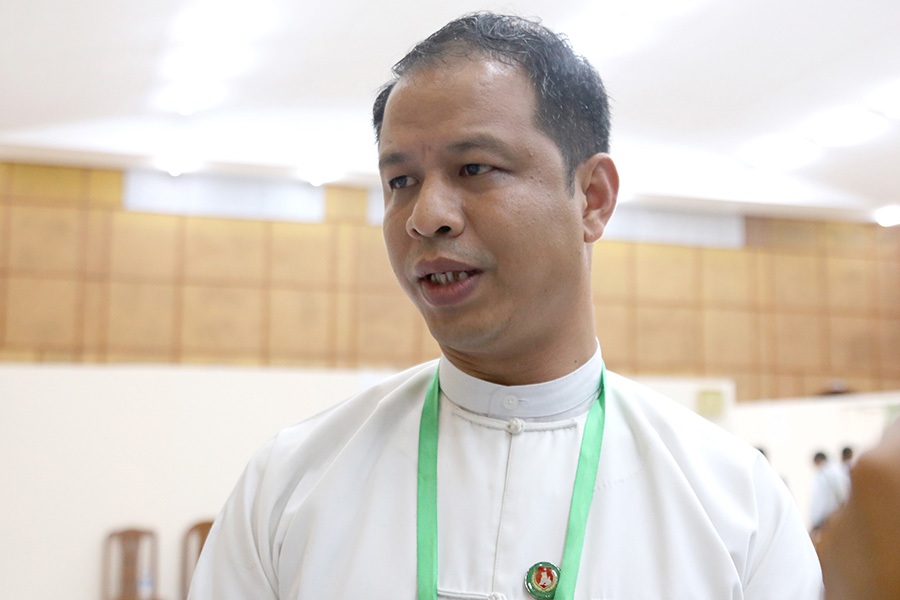
Dr. Nandar Hla Myint, Spokesperson of the Union Solidarity and Development Party
According to my understanding, the main point of her speech was to urge the international community to cooperate in a pragmatic and constructive way.
She urged the international community to try to understand rather than place blame for conflicts in Myanmar, I think.
But if she would implement the recommendations made by the Kofi Annan-led commission, she should consider certain recommendations related to local ethnicities and the sovereignty of the state. We are concerned that implementation of those recommendations would be harmful to the sovereignty of the country and the rights of citizens. We have said that we don’t accept the commission’s recommendation that the government should consider amending the [1982] Citizenship Law.

















